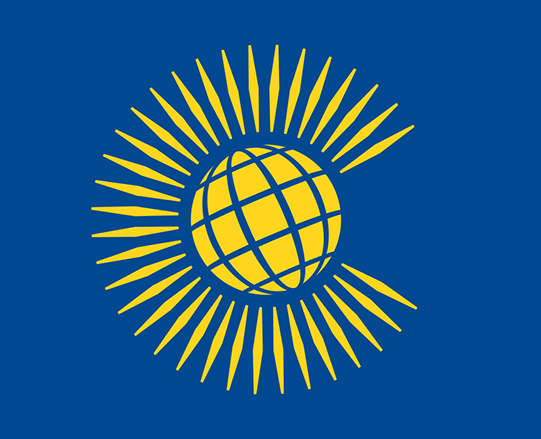Ahead of the Commonwealth Heads of Government Meeting 2015 in Malta (27-29 November), the Human Dignity Trust, in association with the Commonwealth Lawyers Association, has prepared an expansive report on the extent and the pernicious consequences of the criminalisation of homosexuality within the Commonwealth. This report is unparalleled in both the scope and depth of information it provides about the 40 Commonwealth countries which continue to criminalise LGBT people.
The criminalisation of homosexuality is undoubtedly a specific Commonwealth problem. The Commonwealth alone encompasses 2 billion of the 2.9 billion people worldwide who live in countries where it is a crime to be gay. This stems from the fact that many of these laws were originally put in place during British colonial rule. The Commonwealth institutions must do more to repeal these archaic laws if they are to truly become the human rights champions they claim to be.
This report outlines the myriad of harms criminalisation does to LGBT people and Commonwealth countries overall, from encouraging mob violence, to boosting rates of HIV infection, to hindering economic development. It also provides examples and details of the current state of LGBT persecution in all of the 40 criminalising Commonwealth countries.
The Hon Michael Kirby AC CMG, former judge of the Australian High Court and member of the Commonwealth Eminent Persons Group said:
“The review by Human Dignity Trust of the state of the law in Commonwealth countries is outstanding, shocking and dire. Not only is the state of legislation terrible and virtually unmoving, 3 recent decisions in final national courts in India, Singapore and Malaysia have actually set the cause of reform backwards. It is pathetic to blame this on the British colonial administrators. Most Commonwealth countries have been independent for 50 years and the responsibility is theirs alone. The recent court cases have denied a role for the courts in upholding equality and insisted that reform of anti gay criminal laws is a matter for the legislature.
The HDT report, and the admirable leadership of Malta, may help to secure change. But I would not count on it. The test will be whether Commonwealth leaders face up to this grotesque affront to human rights whilst pretending to observe the Commonwealth Charter with its commitment to equality, justice and development. In a real way, this will be the touchstone for the success or abject failure of the Commonwealth in 2015. Whilst the rest of the world, in the United Nations, increasingly endorses the perception of gay rights as human rights, the Commonwealth is deadly silent. And I mean ‘’deadly’’ because, with global economic problems and new challenges, the funding for the global AIDS epidemic is rapidly declining. This presents an enormous challenge, especially to Commonwealth countries in Africa, the Caribbean and South Asia. If the countries with the biggest AIDS problems will not help their own vulnerable communities, they have to be told quite clearly that it is unlikely that other countries will be able to extract increased funding from their own disenchanted taxpayers. This is why the HDT report is not only wise and just. It could not be more timely because it is addressed to a practical and urgent Commonwealth problem which is getting worse. The time for silence in the Commonwealth on this score is over. It has been said before: silence equals death. The HDT report therefore speaks not only of universal justice but also of wicked silence in the face of the death and suffering of Commonwealth citizens.”
Justice Edwin Cameron of the Constitutional Court of South Africa said:
“I have looked at the materials that HDT have prepared for CHOGM. They are quite extraordinarily dense, passionate, informed, scholarly and most keenly argued – and overwhelming in their persuasive force.
I write to express my admiration and deep appreciation. I don’t think I have read advocacy tools of this quality and depth before.”
For further information contact:
For media inquiries contact Helen Lawless (helenlawless@humandignitytrust.org)
For questions relating to the content of the report or our research in general contact Kapil Gupta (kapil@humandignitytrust.org)

